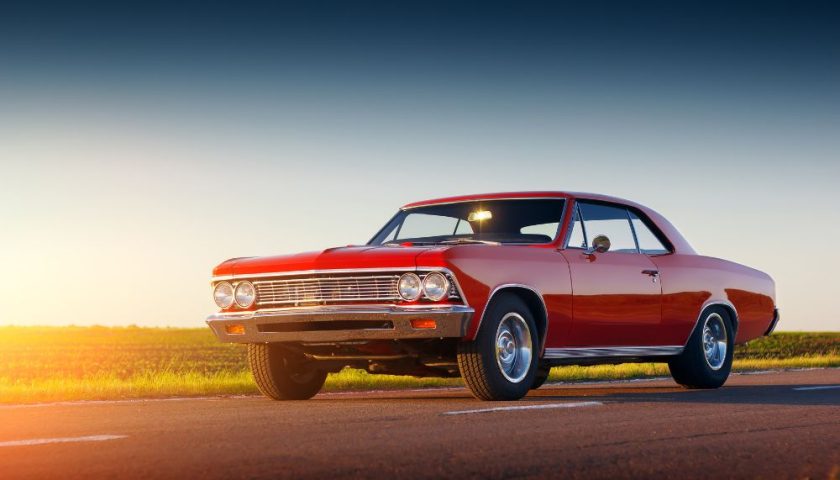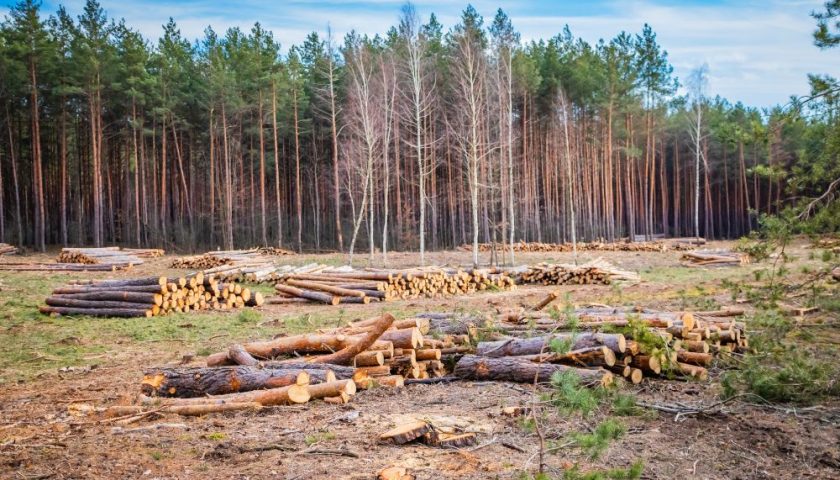Savanthi Syth, an analyst at financial firm Raymond James, said the coming months should bring a period of relief before passenger demand picks up around Thanksgiving. It also gives airlines more time to replenish and train a workforce that was downsized during the pandemic.
“Things should continue to improve because the staffing levels are continuing to improve,” Syth said. “As you get to the fall, not only are you not flying as much, you probably have more space on your planes to accommodate passengers if you have an issue.”
For all the dissatisfaction, Americans have had a love-hate relationship with airlines this year: After two years of travel crimped by the pandemic, millions of passengers were willing to shell out more for airfare, which briefly rose above an average of $400, according to travel booking app Hopper. Fares have eased in recent weeks, but are expected to creep back up as the winter holidays approach.
Many of the industry’s problems stem from a workforce whose ranks were thinned in 2020. Airlines shed thousands of workers when the pandemic ravaged their business and have struggled to rehire quickly enough as demand for flights has surged. Before the pandemic, labor leaders say, carriers relied heavily on overtime — long hours that employees are now less willing to work. The coronavirus is also still circulating, leading to higher rates of sick calls.
The heavily unionized airline industry delayed contract talks with organized labor during the pandemic, but the two sides are back at the table. And with support for unions growing across the economy, major organizations representing flight attendants and pilots are taking a more assertive stance, trying to address grievances they say date to before the pandemic.
On Thursday, pilots at multiple carriers represented by the Air Line Pilots Association were set to picket at a dozen airports across the country. The Allied Pilots Union, which represents crews at American Airlines, plans to picket at the carrier’s headquarters.
“Aviation workers fought to keep the airline industry afloat through significant federal taxpayer support,” said Joe DePete, an airline captain and the ALPA president. “Unfortunately, some airlines squandered the opportunity to adequately plan for post-pandemic flying, and the result has been unprecedented flight delays and cancellations.”
When the initial spread of the coronavirus threatened to tank the aviation industry, Congress stepped in with more than $50 billion in aid to protect jobs. But the assistance also raised lawmakers’ expectations of airlines — goals that carriers have often been unable to meet.
Around the beginning of the year, the omicron variant swept through airline workforces while triggering an extended meltdown around Christmas and New Year’s Day, pushing up flight cancellation rates through February. Airlines have recovered somewhat since then.
Since the beginning of Memorial Day weekend, about 50,000 flights operated by U.S. carriers have been canceled, according to figures from data service FlightAware. Another 500,000 flights were late, with an average delay of 52 minutes.
The delays and cancellations translated into millions of travelers with stories of missed graduations, fitful nights on airport floors or vacations all but ruined.
Tina Hemme was looking forward to a summer cycling vacation in France and Scotland with her family. Her luggage was lost on the way there, not to be seen again until the 62-year-old returned home to Florida.
Hemme’s flight back to the United States in mid-July was delayed more than four hours. She arrived at New York’s John F. Kennedy International Airport long after missing a connection to Tampa. She got a few hours of sleep at a hotel — and found nowhere open to buy food the next morning. At one point, Hemme opened a box of chocolates she bought someone as a souvenir.
“I’m still angry over it,” she said. “I want to put it to bed and get on with my life.”
There are still days marked by waves of delays — often triggered by bad weather, then exacerbated by airlines’ internal struggles — but there are signs of improving performance. The worst meltdowns of late spring and early summer have ended, said David Dague, an airline industry expert and principal at management consulting firm Arthur D. Little.
“You’ve got weather, you have labor, you have all these things that come together,” Dague said. “They’ve been able to adjust.”
Dague said airlines have been hiring new employees and working to serve more passengers, even as problems wrought by the pandemic continue to linger.
Some carriers have fared better than others. Southwest Airlines, which had a large number of delays and cancellations last year, had the lowest cancellation rate this summer among the four domestic carriers that dominate the industry. Airline officials say Southwest returned to 2019 employee levels this summer, while paring back its schedule.
In contrast, American Airlines employed about 5,400 fewer full-time workers as of June when compared to February 2020, according to the Bureau of Transportation Statistics. The carrier has canceled more than 10,000 flights since the beginning of Memorial Day weekend — almost double that of other big carriers.
Executives at American pointed to a link between operational challenges, including staffing, and the ability to craft complex schedules far in advance.
“Sometimes we just don’t know which flights will and won’t operate, because we don’t know how many airplanes and pilots and mechanics and ground staff we’ll have to be able to support the schedule. So a flight may or may not operate,” Brian Znotins, American’s vice president of network and schedule planning, said in a company video.
The perception that airlines have become unreliable is also deterring some would-be travelers.
Stacey M. Mumbower, an assistant professor of management at Embry-Riddle Aeronautical University, said her parents have not flown since the pandemic began. While they are eager to resume flying, she said reports of cancellations and other disruptions have left them worried about being stranded. She advised them not to be discouraged from venturing out.
“I told them to travel early in the morning, try to take a direct flight if you can, instead of a connection,” said Mumbower, who also urged them to pack a carry-on with essentials.
Summer travel problems have made airlines a target for lawmakers, consumer advocacy groups and the Transportation Department. In June, the agency said it received 5,862 airline complaints from consumers, up more than a third from May, and more than triple what it received in June 2019.
Transportation Secretary Pete Buttigieg wrote earlier this month to airline chief executives ahead of Labor Day weekend, calling recent delays “unacceptable.” He outlined a plan to post a comparison of airlines’ customer service plans online to aid travelers.
In response, nine of the nation’s 10 biggest airlines said they are strengthening commitments on how to treat customers whose flights are canceled due to circumstances under the control of carriers, senior administration officials said.
Those public pledges, published Thursday by the Transportation Department, show nine airlines guarantee they will rebook a passenger at no cost on the same airline, and five will rebook them free on another airline. Nine airlines say they will provide a meal or voucher — not just a snack — if a cancellation causes at least a three-hour delay.
The Transportation Department has also proposed rules to clarify what it means for a flight to be significantly delayed or canceled, while also seeking to create protections for passengers who contract the coronavirus or other transmissible illnesses. Buttigieg has said more new rules are possible.
It’s for airlines’ “own good, to have people have just a little more confidence and a little more sense of being taken care of by airlines,” Buttigieg said in an interview. Airlines “make a lot of money when times are good and then because of their economic importance, they get a lot of help when times are bad.”
Some consumer advocates, labor leaders and some lawmakers are pushing for more action, using the current wave of dissatisfaction to push for more wholesale changes.
Congress next year is due to update a law that governs the Federal Aviation Administration and shapes how airlines are regulated. Jockeying already has begun, with some Democratic lawmakers proposing to write more generous refund rules into law.
On Wednesday, a bipartisan group of 38 state attorneys general called on congressional leaders to empower them to enforce state and federal consumer protection laws affecting the airline industry, saying the Transportation Department has proven “unable or unwilling to hold the airline industry accountable.” They wrote that Congress should also consider shifting such oversight to an agency “more primarily focused on consumer protection, such as the U.S. Department of Justice or the Federal Trade Commission.”
Some consumer advocates are also exploring the idea, saying federal transportation officials are overmatched after summer travel woes exposed holes in how consumers are treated.
“Right now, the only cop on the beat is the Department of Transportation,” said John Breyault, a vice president at the National Consumers League. “It needs additional help.”





